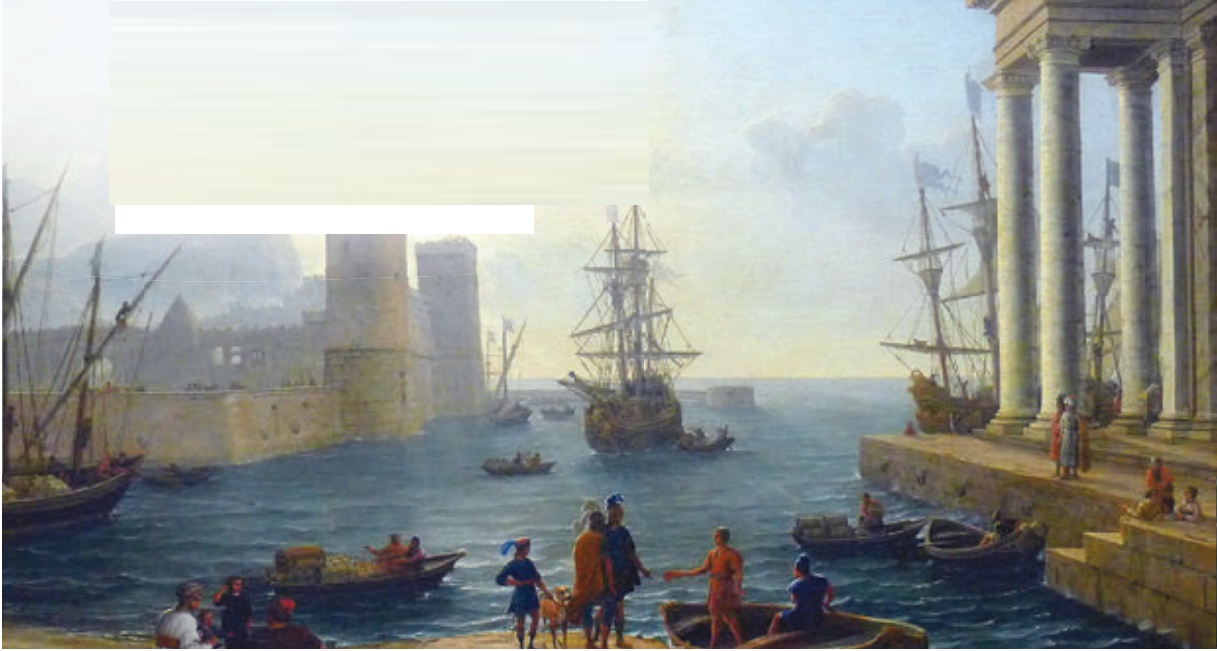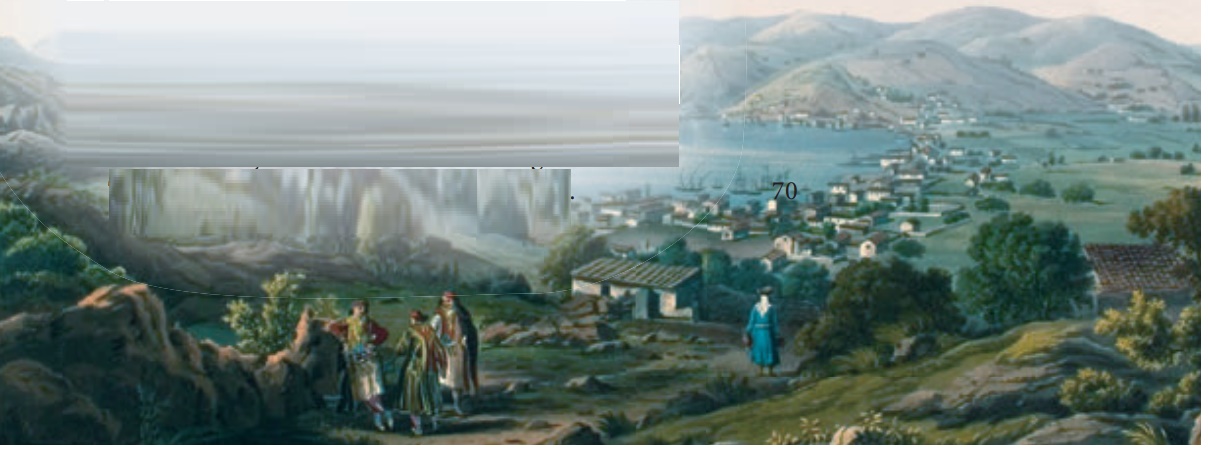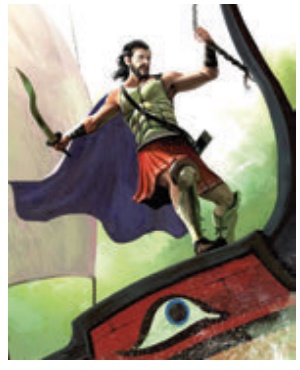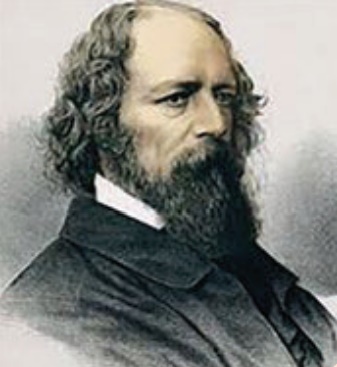Poem | By Alfred Tennyson - Ulysses | 12th English : UNIT 4 : Poem : Ulysses
Chapter: 12th English : UNIT 4 : Poem : Ulysses
Ulysses
Poem
Ulysses
Alfred Tennyson
Read the poem Ulysses
by Alfred Lord Tennyson, which speaks of the unquenchable thirst of the Greek
hero Ulysses for travel and exploration of new vistas, until death would
overpower him.

It little profits that
an idle king,
By this still hearth,
among these barren crags,
Match’d with an aged
wife, I mete and dole
Unequal laws unto a
savage race, 4
That hoard, and sleep,
and feed, and know not me.
I cannot rest from
travel: I will drink
Life to the lees: All
times I have enjoy’d
Greatly, have suffer’d
greatly, both with those 8
That loved me, and
alone, on shore, and when
Thro’ scudding drifts
the rainy Hyades
Vext the dim sea: I am
become a name;
For always roaming with
a hungry heart 12
Much have I seen and
known; cities of men
And manners, climates,
councils, governments,
Myself not least, but
honour’d of them all;
And drunk delight of
battle with my peers, 16
Far on the ringing
plains of windy Troy.
I am a part of all that
I have met;
Yet all experience is an
arch wherethro’
Gleams that untravell’d
world whose margin fades 20
For ever and forever
when I move.
How dull it is to pause,
to make an end,
To rust unburnish’d, not
to shine in use!
As tho’ to breathe were
life! Life piled on life 24
Were all too little, and
of one to me
Little remains: but
every hour is saved
From that eternal
silence, something more,
A bringer of new things;
and vile it were 28
For some three suns to
store and hoard myself,
And this gray spirit
yearning in desire
To follow knowledge like
a sinking star,
Beyond the utmost bound
of human thought. 32
This is my son, mine own
Telemachus,
To whom I leave the
sceptre and the isle, -
Well-loved of me,
discerning to fulfil
This labour, by slow
prudence to make mild 36
A rugged people, and
thro’ soft degrees
Subdue them to the
useful and the good.
Most blameless is he,
centred in the sphere
Of common duties, decent
not to fail 40
In offices of
tenderness, and pay
Meet adoration to my
household gods,
When I am gone. He works
his work, I mine.
There lies the port; the
vessel puffs her sail: 44
There gloom the dark,
broad seas. My mariners,
Souls that have toil’d,
and wrought, and thought with me -
That ever with a frolic
welcome took
The thunder and the
sunshine, and opposed 48
Free hearts, free
foreheads - you and I are old;
Old age hath yet his
honour and his toil;
Death closes all: but
something ere the end,
Some work of noble note,
may yet be done, 52
Not unbecoming men that
strove with Gods.
The lights begin to
twinkle from the rocks:
The long day wanes: the
slow moon climbs: the deep
Moans round with many
voices. Come, my friends, 56
‘T is not too late to
seek a newer world.
Push off, and sitting
well in order smite
The sounding furrows;
for my purpose holds
To sail beyond the
sunset, and the baths 60
Of all the western
stars, until I die.
It may be that the gulfs
will wash us down:
It may be we shall touch
the Happy Isles,
And see the great
Achilles, whom we knew. 64
Tho’ much is taken, much
abides; and tho’
We are not now that
strength which in old days
Moved earth and heaven,
that which we are, we are;
One equal temper of
heroic hearts,
Made weak by time and
fate, but strong in will
To strive, to seek, to
find, and not to yield. 70

Introduction
The poem ‘Ulysses’ is a
dramatic monologue that contains 70 lines of blank verse. Ulysses, the king of
Ithaca, gathers his men together to prepare for the journey and exhorts them
not to waste their time left on earth. Ulysses has grown old, having
experienced many adventures at the battle of Troy and in the seas. After
returning to Ithaca, he desires to embark upon his next voyage. His inquisitive
spirit is always looking forward to more and more of such adventures.

The poem can be divided into
three parts – (i) the thirst for adventure, which does not allow Ulysses to
remain in his kingdom as a mere ruler; (ii) Ulysses handing over the
responsibility to his son Telemachus, with total confidence in his abilities;
(iii) Ulysses’ clarion call to his sailors, urging them to venture into unknown
lands.
About The Author
Alfred Tennyson, 1st Baron
Tennyson (6 August 1809 – 6 October 1892) was a British poet. He was the Poet
Laureate of Great Britain and Ireland during much of Queen Victoria’s reign and
remains one of the most popular British poets. Tennyson excelled at penning
short lyrics, such as “Break, Break, Break”, “The Charge of the Light Brigade”,
“Tears, Idle Tears”, and “Crossing the Bar”. He wrote verses on classical
mythology such as Ulysses, Idylls of the King and Tithonus. Tennyson’s use of
the musical qualities of words to emphasise his rhythms and meanings is
sensitive.

Related Topics